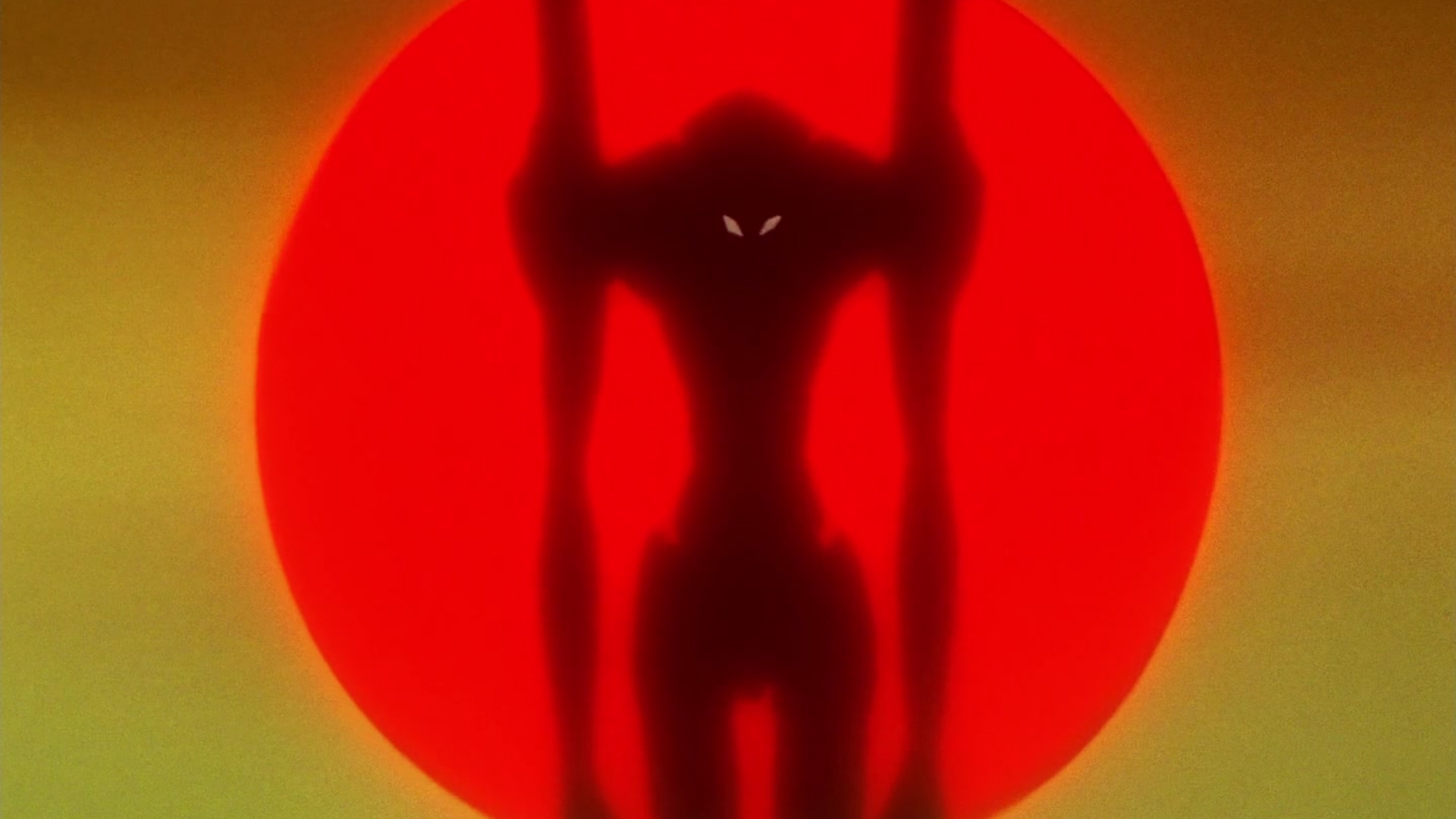
Certain anime don’t just feel dated after years pass—they evolve with you. These are the shows that stay relevant throughout your life, offering fresh insights no matter when you revisit them.
The way we understand these stories changes over time, just like society does. Today, the environmental message in Princess Mononoke feels especially important because of climate change. And the themes of identity and technology explored in Ghost in the Shell seem more and more relevant as artificial intelligence and digital life become more common.
7. Monster

I recently finished watching Monster, and it’s stuck with me. It really makes you think – what if trying to do the right thing actually made things worse? It’s not your typical anime filled with flashy action; instead, it’s incredibly realistic and dives deep into the human psyche. When I first started watching, it felt like a tense thriller, a real cat-and-mouse game. But looking back, I realize it’s a heartbreaking story about how good intentions don’t always lead to good results. The more I’ve thought about it, the more I’ve noticed layers – a critique of Germany after the war, questions about whether we’re born good or evil, and a truly unsettling feeling surrounding the main character, Johan Liebert. It’s one of those shows where you pick up on new details with each viewing, things you only appreciate as you gain more life experience.
6. Serial Experiments Lain
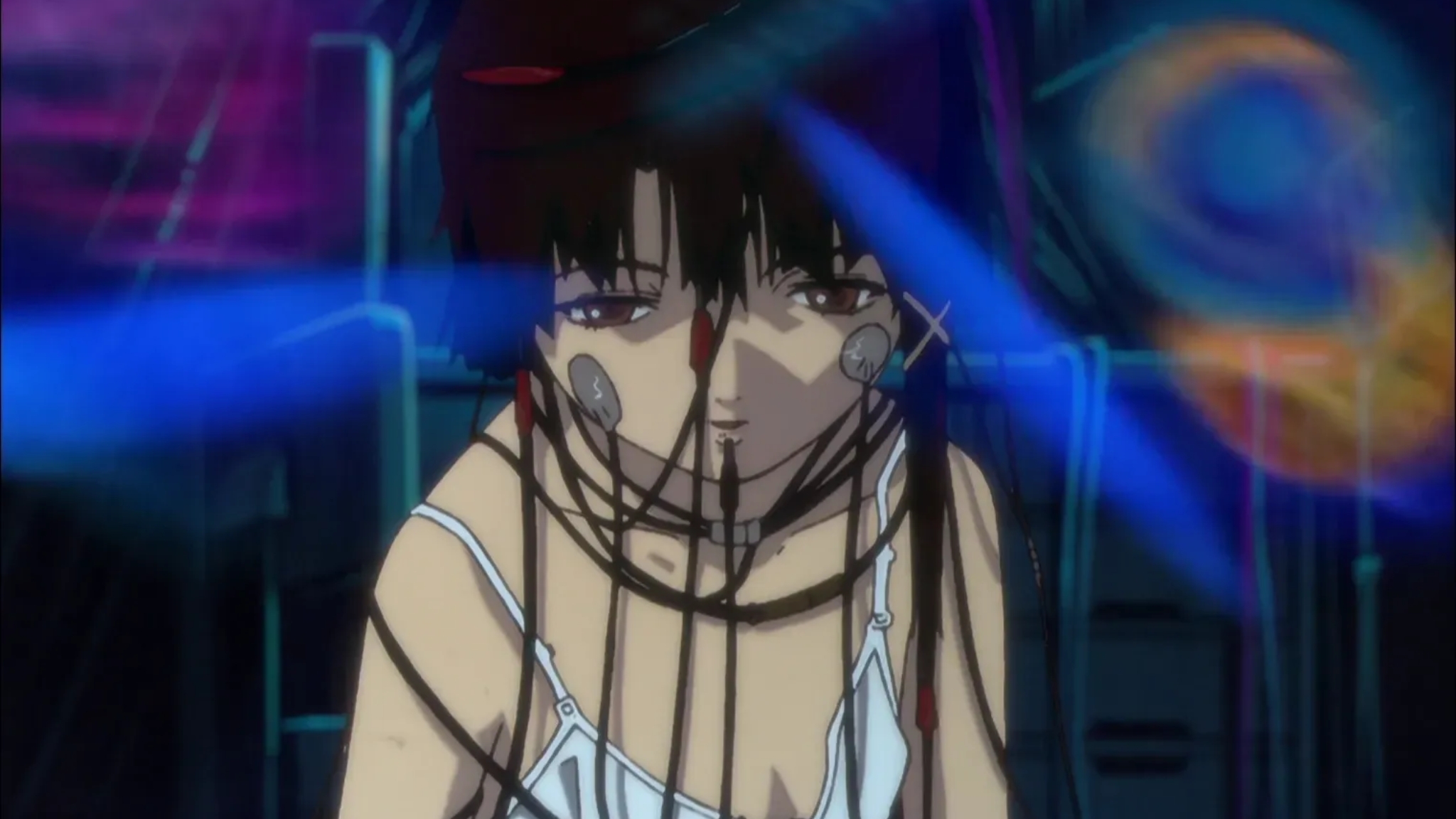
Few anime are as thought-provoking and innovative as Serial Experiments Lain. It’s more than just a story; it’s a disturbing exploration of the increasingly unclear line between what’s real and what happens online. Originally released in 1998, this groundbreaking series feels strangely predictive now, given our current world of social media, virtual reality, and AI. Lain isn’t an easy show to watch, but that’s what makes it a timeless masterpiece. The story centers around Lain Iwakura, a quiet and withdrawn teenager, whose life is turned upside down when a classmate dies by suicide and then seemingly continues to exist online in a digital world called “The Wired.” As Lain delves into The Wired, she encounters strange events that make her question everything she thought she knew about reality.
5. Princess Mononoke

Released in 1997 and directed by Hayao Miyazaki, Princess Mononoke is a timeless film that reveals deeper meaning with each viewing, especially as you gain a greater understanding of the world. The story centers on Ashitaka, a young prince who is cursed after encountering a boar god embittered by human selfishness. He travels west in search of a cure and finds himself in a land torn apart by conflict. The people of Iron Town, under the leadership of the determined Lady Eboshi, are stripping the forest of its resources, which enrages the forest’s protective spirits and gods.
San is a fierce warrior who was raised by wolves and dedicated to defending her forest home. Ashitaka finds himself in the middle of the conflict between her and the humans, trying to find peace despite the destructive forces of human greed and the power of nature. When the film was released in 1997, its message about deforestation and respecting the environment felt important, but somewhat distant. Now, with climate change and the loss of plant and animal species becoming increasingly urgent, the film’s warnings feel incredibly relevant and like a stark reminder of what’s at stake.
4. Ghost in the Shell (1995)
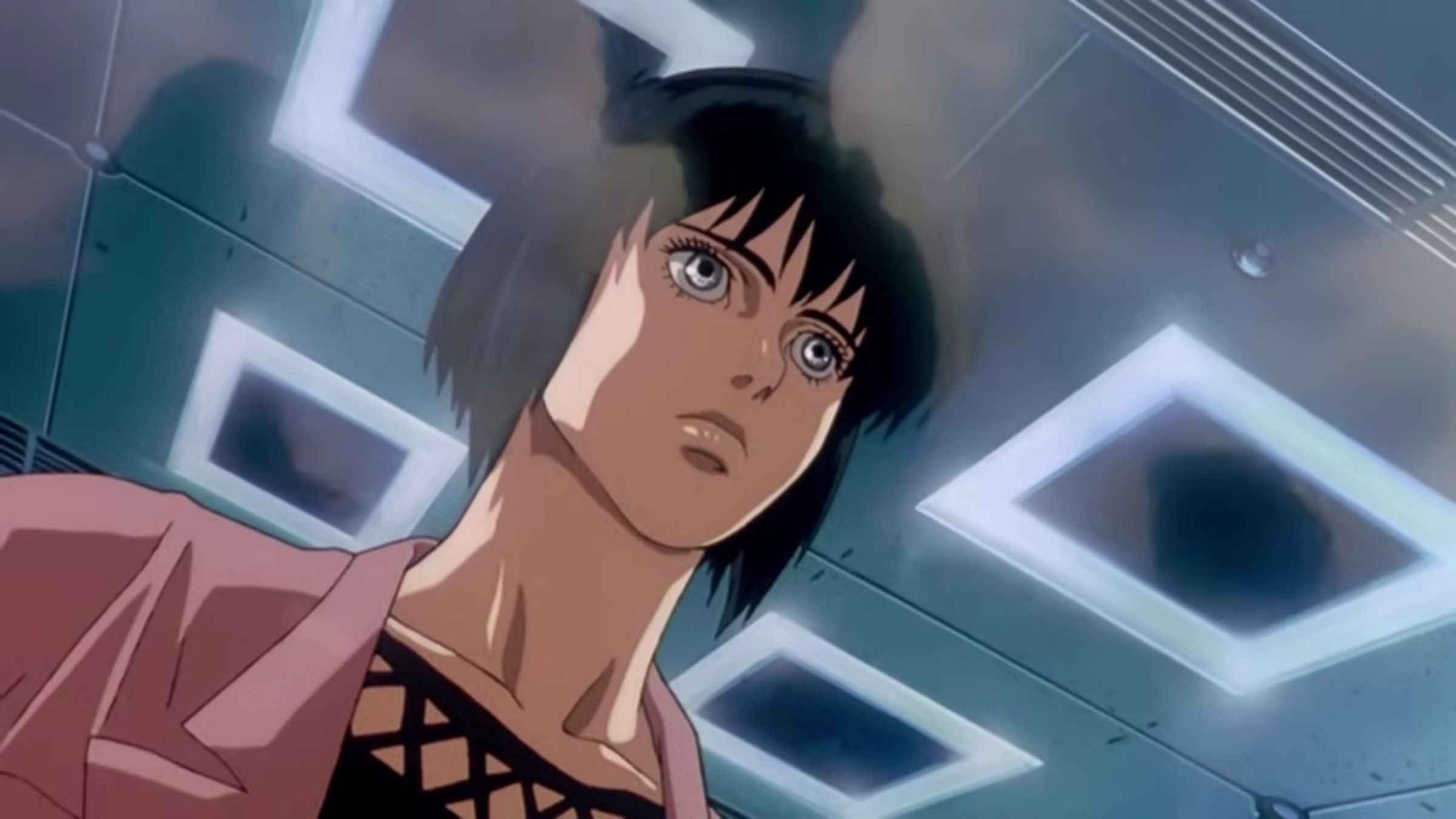
Released in 1995, Ghost in the Shell is a stunning and thought-provoking cyberpunk film that delves into what it means to be human. The story centers on Major Motoko Kusanagi, a cyborg who works for a special ops team fighting cybercrime. In a future where people routinely enhance themselves with technology, she hunts a shadowy hacker known as the Puppet Master. However, the film is more than just an action thriller. As Kusanagi investigates, she questions her own identity – with most of her body being artificial, what truly makes her her? Beyond its compelling story, Ghost in the Shell is a visually groundbreaking film that continues to inspire science fiction movies today, including The Matrix and Blade Runner 2049.
3. Akira

Released in 1988, Akira is a groundbreaking animated film that changed science fiction forever. Directed by Katsuhiro Otomo, it’s a visually stunning story about power, corruption, and the delicate state of society. Its impact can be felt in many modern works, like The Matrix and Stranger Things, but Akira remains unique because its themes become more relevant and powerful over time. The film takes place in a futuristic, cyberpunk version of Tokyo in 2019 and follows Kaneda and Tetsuo, two friends who find themselves in the middle of a world falling apart. After a motorcycle crash, Tetsuo develops dangerous and uncontrollable psychic abilities that threaten both his own humanity and the city itself. The film suggests that humanity continues to move forward, even while creating its own destruction. With each passing decade, Akira‘s predictions feel more real, making it not only a classic but increasingly unsettling.
2. Cowboy Bebop
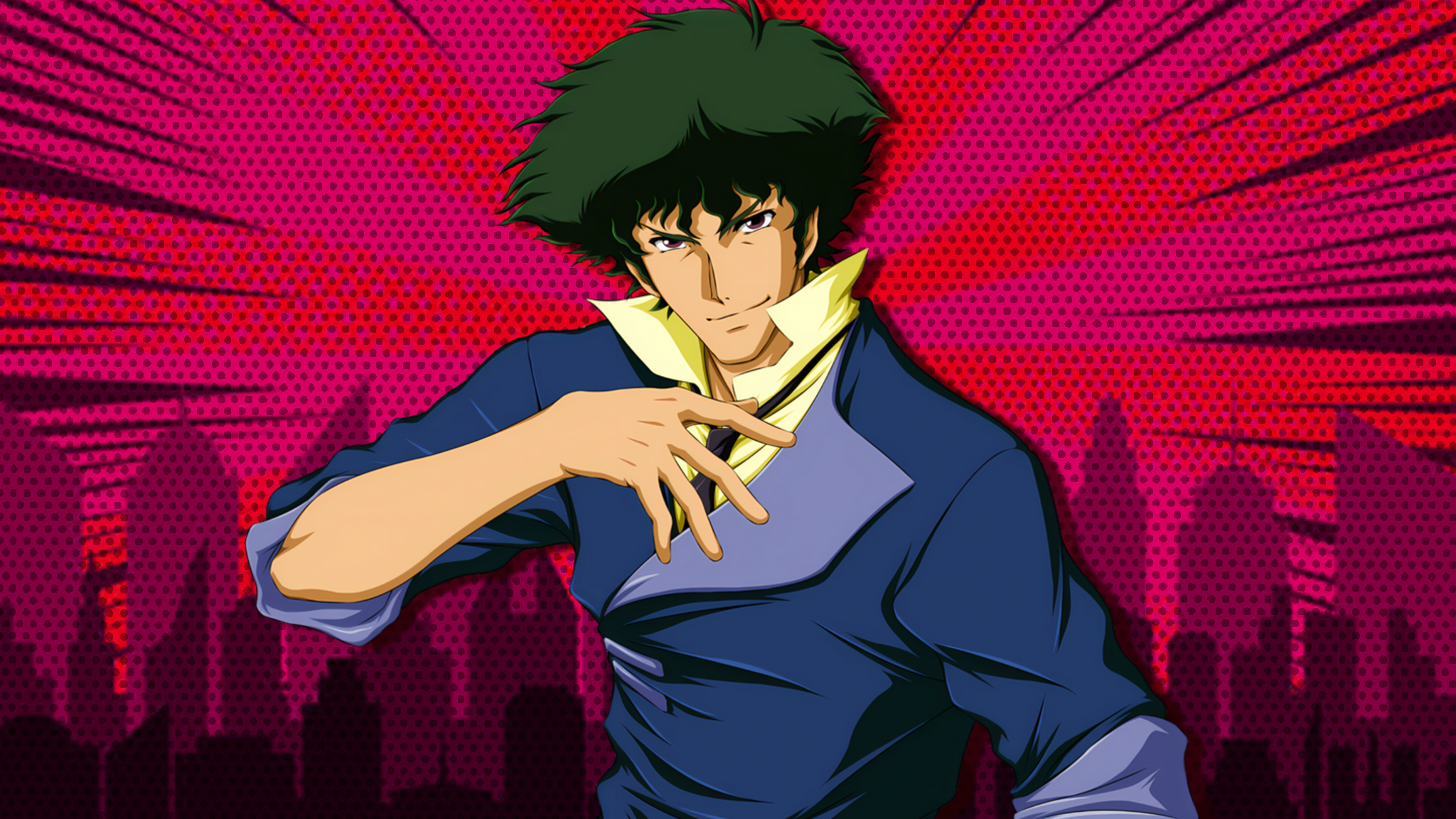
What sets Cowboy Bebop apart is its ability to connect with you on a deeper level as you get older. The show’s themes of loneliness, regret, and the search for purpose become more meaningful with time. The series follows a mismatched crew of bounty hunters traveling through space on the Bebop, chasing criminals for cash. Each character is burdened by their past, unable to fully escape it. Spike is a former assassin haunted by a lost love and his criminal connections, while Jet is an ex-police officer betrayed by those he trusted. Faye struggles with amnesia as she tries to uncover who she really is. Though the show is often funny and quirky, it always returns to the characters’ lingering pain and unresolved issues.
1. Neon Genesis Evangelion
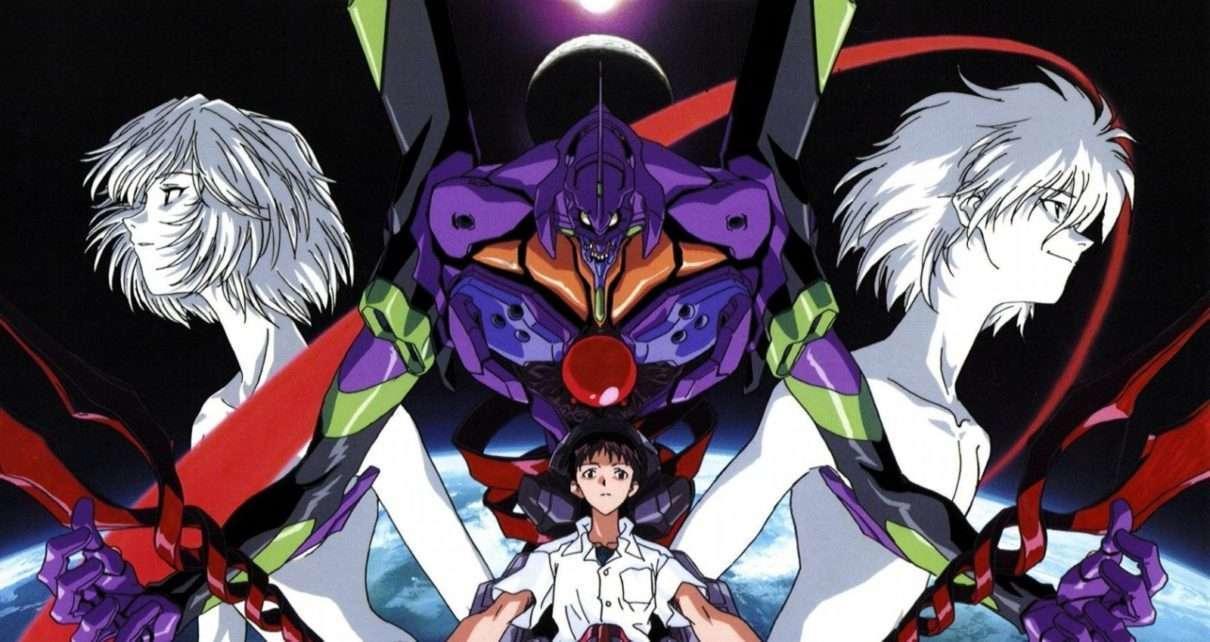
Released in 1995 and directed by Hideaki Anno, Evangelion starts as an exciting anime featuring giant robots, but quickly becomes a deep dive into the human mind, exploring trauma and what it means to exist. It’s a show that has truly impacted both anime and popular culture. Heavily inspired by the work of thinkers like Freud, Nietzsche, and Kierkegaard, Evangelion uses existentialism, psychological analysis, and religious imagery. What makes it unique is its acceptance of uncertainty. The final episodes are famously abstract and have divided viewers, shifting the focus from robot battles to the characters’ inner lives. This daring choice challenges viewers to grapple with the show’s complex ideas. While these episodes can be confusing for some, they are what make Evangelion so impactful as you get older. In the end, the anime isn’t just about saving the world – it’s about finding your own way to be saved.
What do you think? Leave a comment below and join the conversation now in the ComicBook Forum!
https://comicbook.com/anime/news/best-anime-that-need-a-remake-berserk-claymore/embed/#
Read More
- Best Controller Settings for ARC Raiders
- Darkwood Trunk Location in Hytale
- Ashes of Creation Rogue Guide for Beginners
- Daredevil Is Entering a New Era With a Chilling New Villain (And We Have A First Look) (Exclusive)
- So Long, Anthem: EA’s Biggest Flop Says Goodbye
- 7 Announcements We’re Dying to See at Dragon Ball’s Genki Dama Festival This Month
- Katy Perry Shares Holiday Pics With Justin Trudeau & Ex Orlando Bloom
- RHOBH’s Jennifer Tilly Reacts to Sutton Stracke “Snapping” at Her
- Nintendo Switch Just Got One of 2025’s Best Co-Op Games
- A Guide to Derek Hough and Julianne Hough’s Family
2025-11-16 03:41